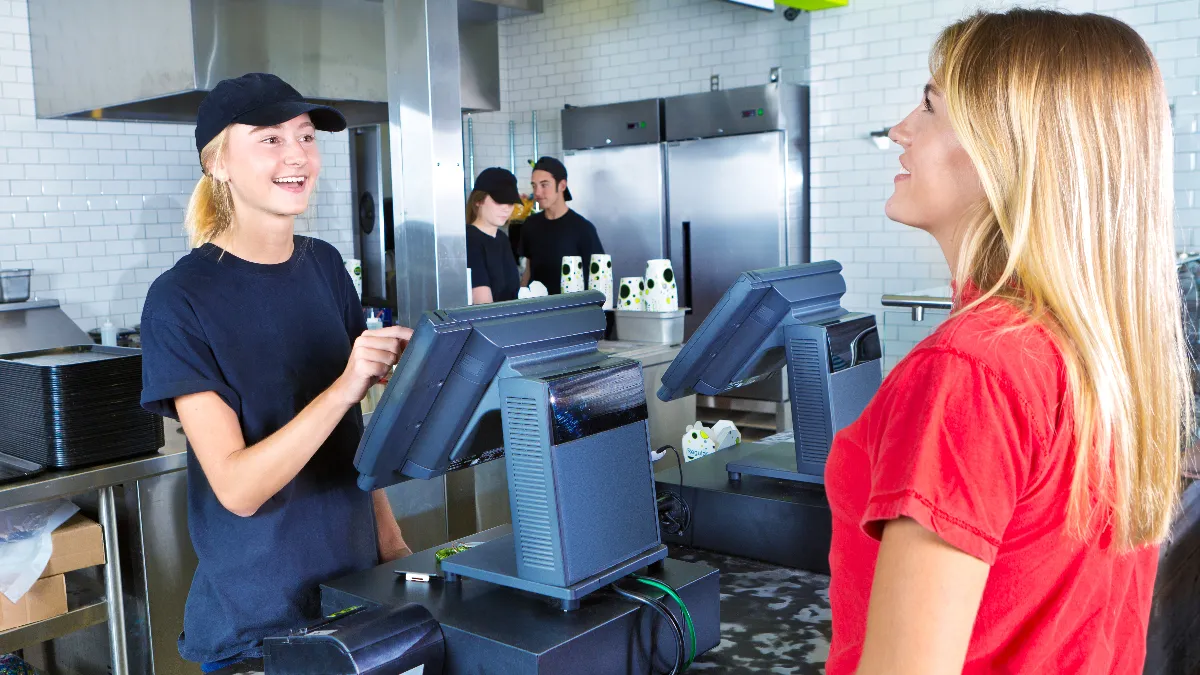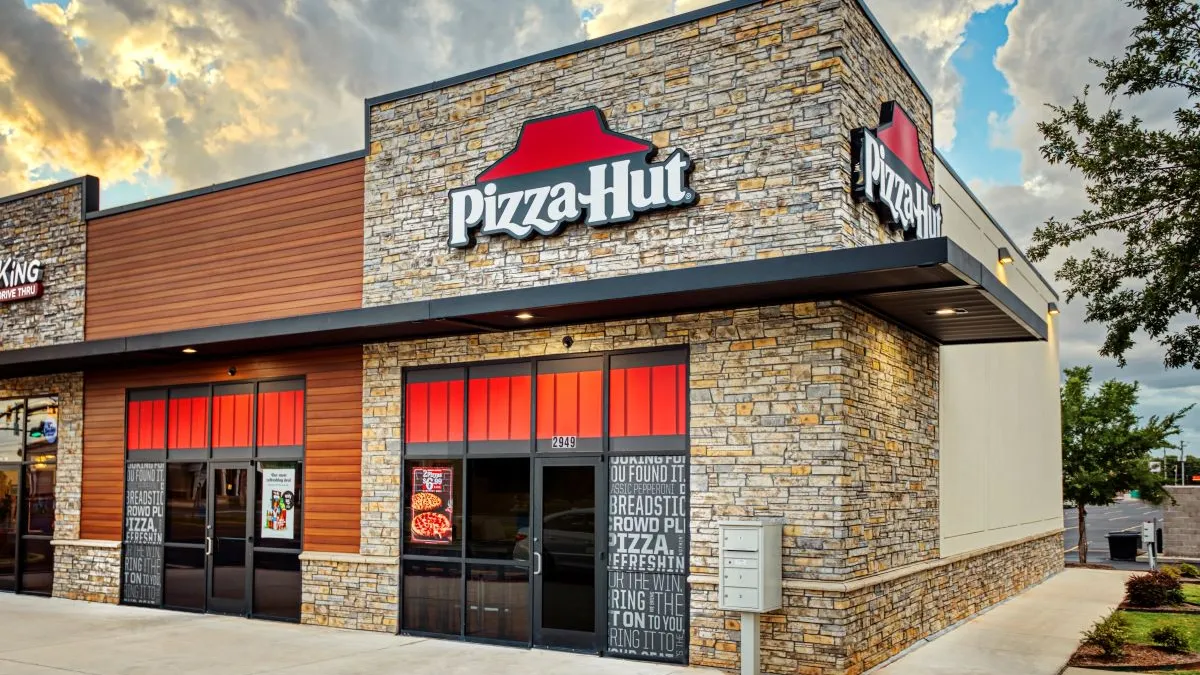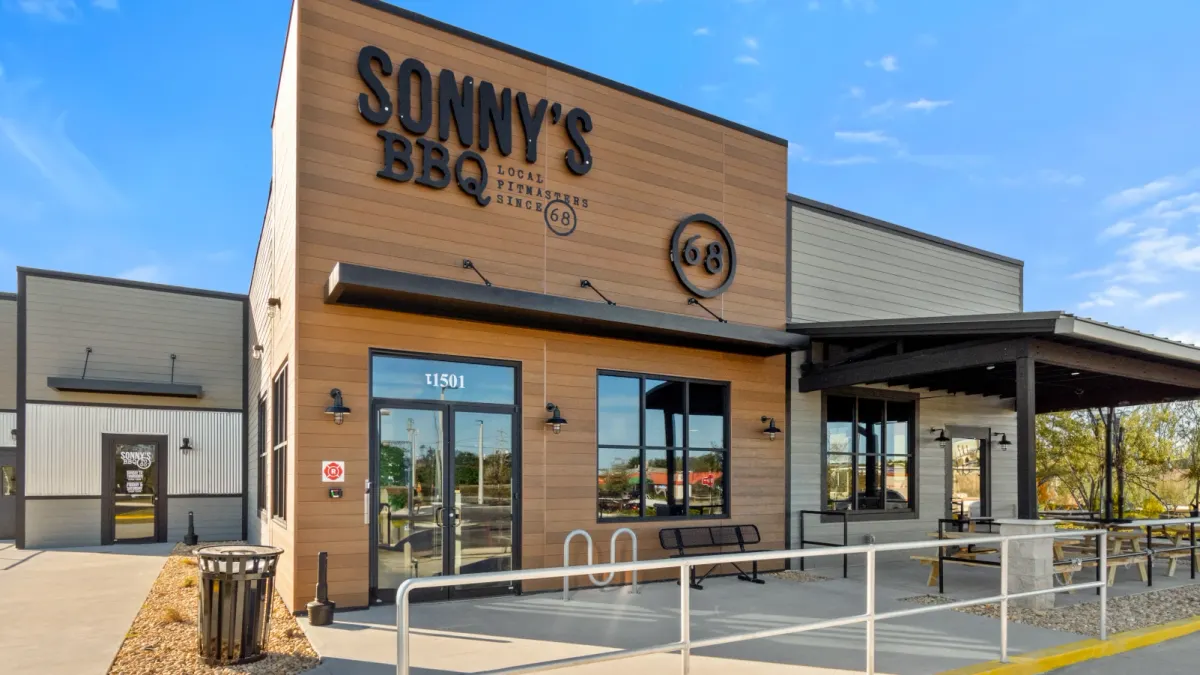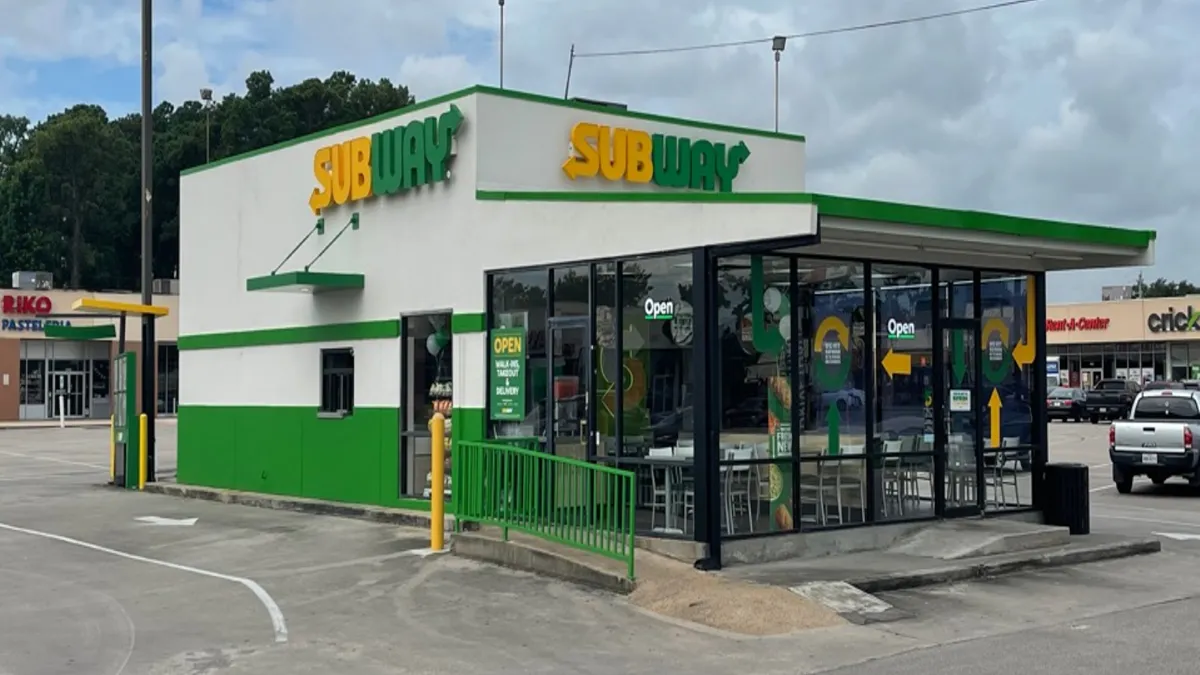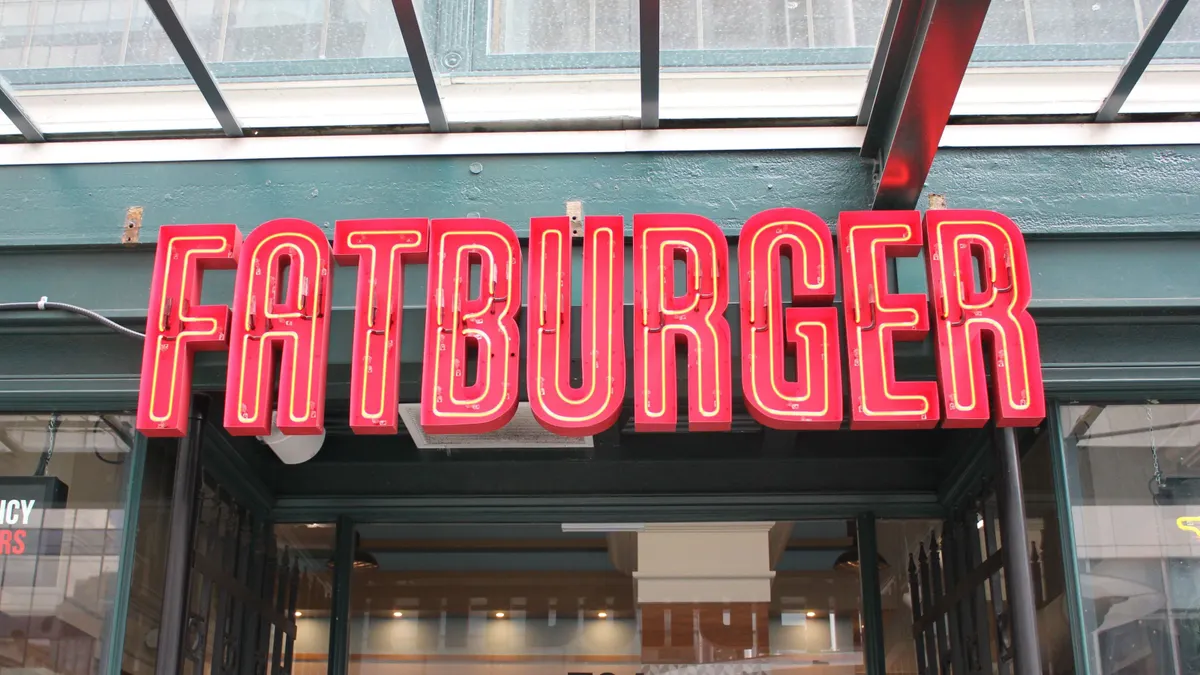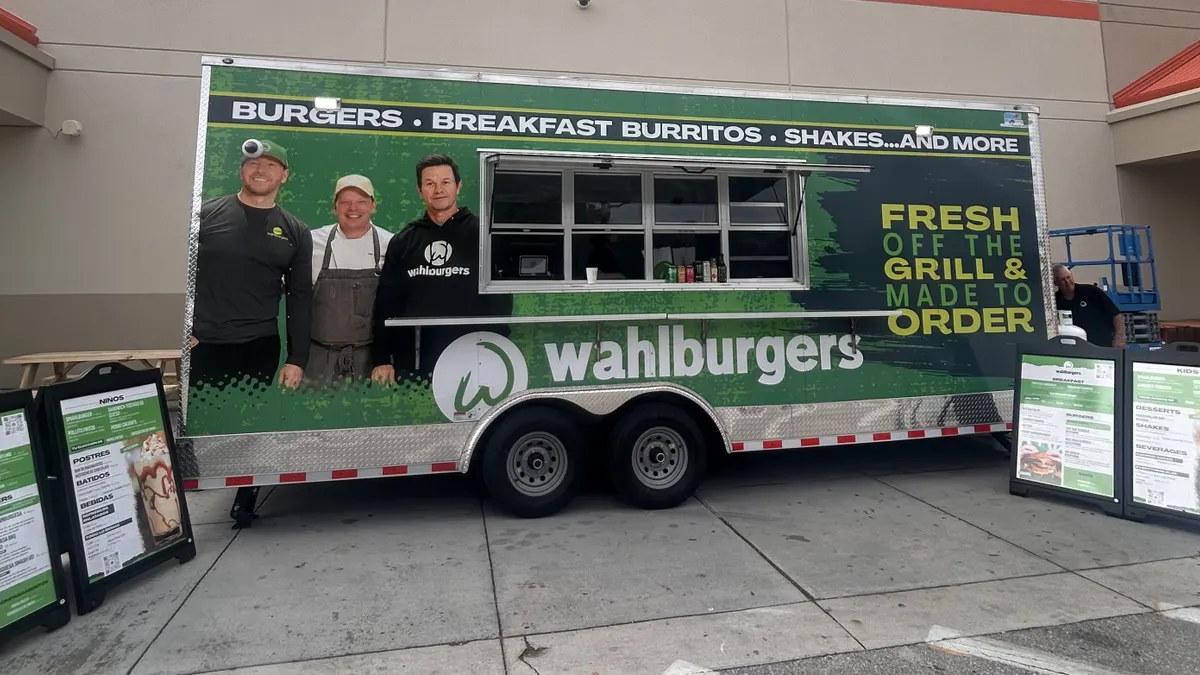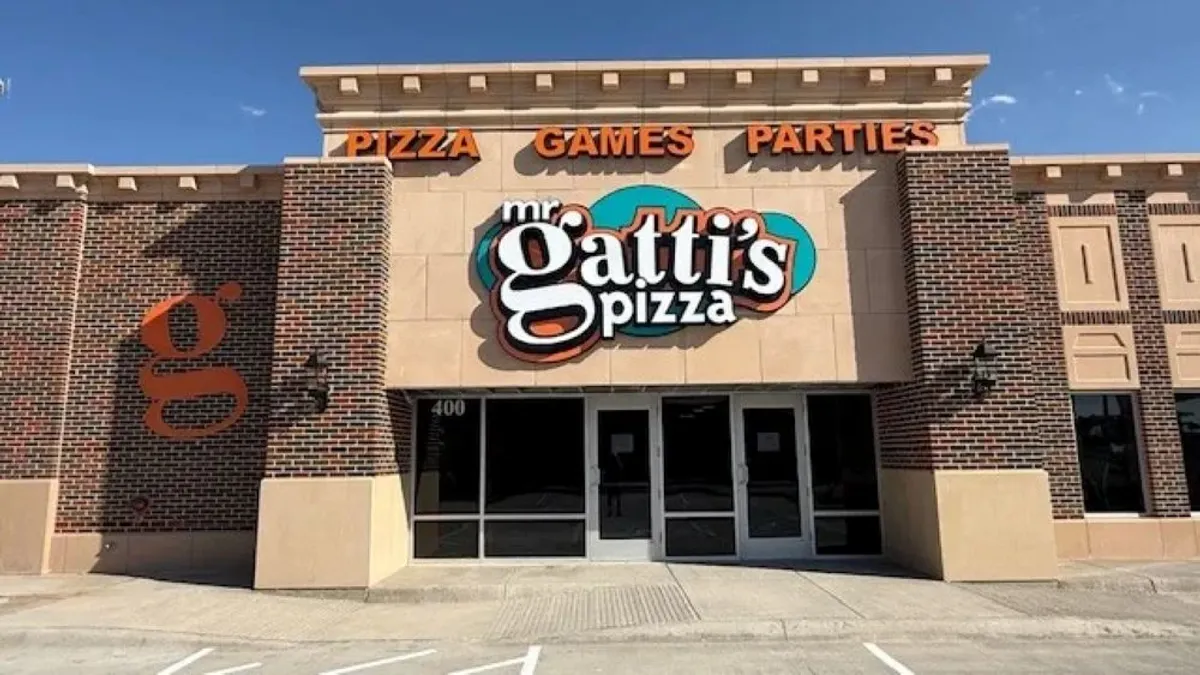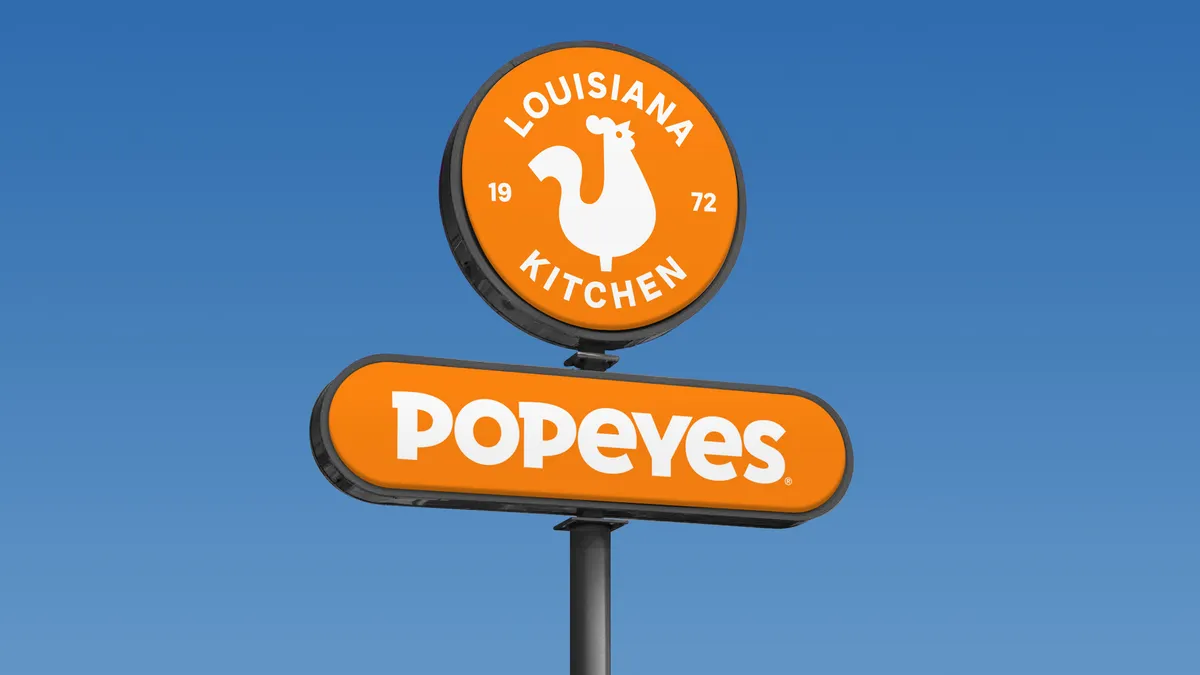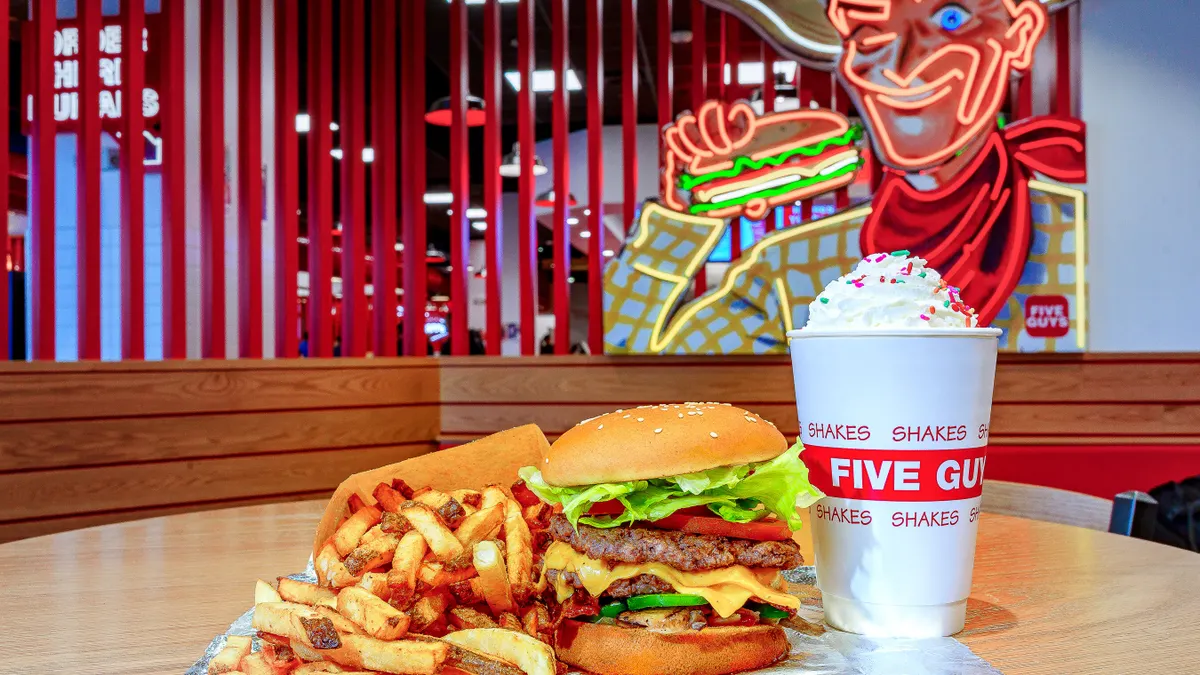Editor’s note: This article is part of an ongoing series exploring the political issues impacting restaurants and shaping the industry’s labor market. Interested in discussing restaurant politics? Email us at [email protected].
A year after California passed the FAST Recovery Act to overhaul fast food working conditions, fast food chains are still on edge. That legislation (AB 257) is on ice until a referendum next fall, but now another bill could redefine the relationship between restaurant workers, franchisors and franchisees.
AB 1228 would require franchisors and operators to share joint liability for franchisee adherence to labor law. The bill, which was once a subsection of the first draft of AB 257, currently awaits a hearing from the California State Senate committee for the judiciary. According to Matthew Haller, CEO of the International Franchise Association, AB 257 and AB 1228 could pose a threat to the foundation of quick-service restaurant franchising. Simultaneously, the National Labor Relations Board is moving to make union elections faster and give unions the ability to represent workers without an election in specific, limited circumstances — which also undermines QSR business, he said.
Haller spoke with Restaurant Dive about how the IFA plans to stop these bills, efforts he described as an attempt to preserve the central concept of franchising: “doing business for yourself, but not by yourself.”
“Right now, restaurant franchisees need to see themselves as collateral damage in organized labor's efforts to dismantle franchising [in order] to ease organizing at these businesses,” Haller said.
This interview has been edited for clarity and brevity.
RESTAURANT DIVE: What aspects of the franchise business model could be undermined by proposed franchising regulations?
MATTHEW HALLER: The joint employer issue is really at the center of it. Franchising exists using a set of laws and expectations, and a set of contractual terms between brands and franchisees that make very clear where responsibility lies.
If the government changes where the responsibility lies, it's ultimately going to take away the independence of franchisees and put that responsibility in the hands of brands, which in effect eliminates the ability for a franchisee to control their operations. It eliminates the business strategy that a brand has made to grow and scale using franchising and essentially turns a franchise concept into a company-owned chain restaurant like a Starbucks or Chipotle.
In some cases, franchisees are compared to large corporations. That’s the wrong comparison. Franchisees need to be compared to non-franchised, small businesses. They sort of sit in the middle.
Franchising works for the restaurant brands because it allows them to scale using other people's capital. It works for franchisees, and for small business owners, because it allows them to take a playbook and scale a business. It works for the workforce, too. Our data show that there's higher wages and better benefits and more opportunities for advancement [at franchised restaurants compared to independents]. And in terms of compliance, franchises have lower rates of wage and hour violations and workplace violations. That data sort of flies in the face of what some of our political opponents have been saying about our model.
In comparison specifically to independent restaurants?
In comparison to independents, and in comparison to other sectors. Particularly if you want to talk about California, wage and hour violations in franchised restaurants are actually lower than almost any other sector of the economy despite the portrayal of quick service or limited-service restaurants, or franchisees, in California's wage and hour claims data.
Many workers who are victims of wage and hour violations may never report it to the state Department of Labor, because they view doing so as futile. Are these statistics a useful baseline for comparison?
We can argue about whether they're useful.
Let's put more resources into these departments, let's enforce the laws that are on the books, let’s work with the industry to make employees more aware of the recourse they have under existing law. In our view, that is the approach that can and should be taken.
If you think about a franchisor, and the brand exposure risk that comes with a franchisee not complying with wage and hour law, it's extraordinarily high. It’s written into the contracts that franchisees need to comply with federal, state and local laws, in particular on labor and employment.
That hasn't stopped there from being a slew of high-profile child labor and wage and hour violations at franchised restaurants in the last year and a half. There have been reports of similar problems at corporate restaurants, as well, but do you think that there is a problem with wages and working conditions in the franchised QSR industry?
There could be better enforcement of existing laws, better collaboration between government and industry to find ways to root out bad actors.
Brands do have standards for the way that franchisees are supposed to treat their workforce. Does that not constitute a joint employer relationship, given that the franchisor is setting some of the conditions of employment?
It would depend on your definition of joint employment. The clear definition that was in place for 30-plus years, was very clear: Direct and immediate control is the standard under which any two businesses can be held and found joint employers. A more broadly interpreted standard around potential or indirect control is our biggest concern. It’s very unclear for any business to operate in and creates an immense amount of legal risk, if you're a franchisor. That causes franchisors to back off providing that kind of indirect support to their franchisees to make a business successful.
If franchisors are setting wages, if they are setting benefits, they should be held accountable as joint employers, but they're not doing that. Franchisors are creating the model and giving a franchisee a playbook.
The reality for a person that owns five restaurants through a chain is, “I want to keep my business in my control. I know best what my employees need and I don't want more control from the franchisor. I don’t want to lose control of my business because the government has decided that I'm now a hapless middle manager working for a franchise brand.”
AB 1228 advocates argue that the financial success of franchisees requires constraining labor costs. Is there a structural pressure on franchisees to limit wages and benefits?
There’s really not. It's sort of a neat theory that economist and former Department of Labor Wage and Hour Division Administrator David Weil and others have taken and used to advance the political objectives that organized labor is seeking to achieve. But the reality is that the business model wouldn’t be dynamic and thriving if that were actually the case.
We did work with Oxford Economics to demonstrate that there is value for the employee on the wages and benefits level at franchised restaurants. There is incredible opportunity to monetize and scale these businesses from a franchisee perspective. And there is value, whether it's a private or a public company, on the franchisor level. The business model wouldn't continue to thrive in the way that it does.
How did AB 257 pass given that it was such a radical change to labor law? And how can you prevent a repeat of that process with AB 1228?
Oh, AB 1228 is going to put more control in the hands of corporations. It will put franchise owners across California, in the restaurant industry and potentially beyond that, in the hands of bigger companies and ultimately put [wage and condition] decisions in the hands of an unelected council [if AB 257 survives a referendum]. So it's going to jeopardize the equity that these business owners have built. They are ones who are best in touch with who to hire, what to pay, what benefits standards should exist in the communities in which they operate. That’s really what's at stake.
There is a lot of opposition to AB 1228. We’re trying to convene the community of restaurants and brands who don't want to see this happen. It's not just McDonald's and Starbucks. It's small- and medium-sized, California-grown businesses. That is not the picture of who the Service Employees International Union and others have sought to make the face of the limited-service restaurant industry. There are lots of businesses that are growing and scaling using this business model, and that's truly what's at stake.
What’s IFA’s role in defending those franchisor-franchisee interests? Do you think there is a realistic chance of stopping AB 1228?
I do. We're an association unifying our members around a like-minded mission. We have 1,200 franchised brands across a range of industries that use franchising. Forty percent of those members are in the restaurant space.
So we’ve been educating restaurant franchisors and franchisees about the risks, educating them about the process, and ultimately giving them the tools to mobilize in Sacramento and meet with lawmakers and their staff.
When you make the face of this [anti-AB 1228 effort] people who have built second-, third-generation businesses, and they can explain what's at stake, I think it really starts to peel back the onion of what is really going on.
Then you also have AB 257, which you and the National Restaurant Association and major brands successfully pushed to a referendum next November. How do you plan to defeat that law at the ballot box?
Ultimately, what AB 257 is going to do is increase the cost of living in the state of California through an increase in food prices. It's going to be destructive to these franchised restaurants. It picks winners and losers within one segment of one industry, which is unfair. It ultimately puts heavy-handed government in control of an industry.
Looking beyond California-specific labor laws, what are some of the other big political issues facing franchisees at the moment?
It's the same in Washington right now. The NLRB is also in the process of finalizing a joint-employer rule that would apply to franchisors, and not just to the restaurant industry. That’s a big issue for our association.
We've also been very engaged in the opposition to Acting Secretary of Labor Julie Su, who has been nominated by the president to replace former Secretary of Labor Marty Walsh. She has a track record of supporting AB 257. And she has been publicly supportive of some of the positions that Weil advocates, which are not based on actual data, just based on theories. So we've been engaged in a fairly successful campaign against her nomination.



